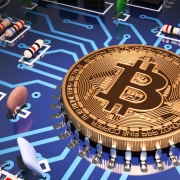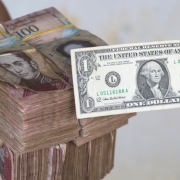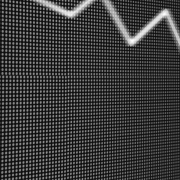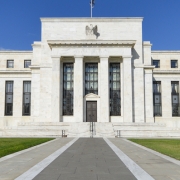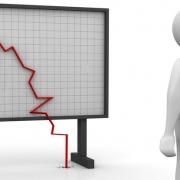Central Bankers know less than they think they do, and their ignorance imposes huge costs on the rest of us. Their economic theories offer little meaningful guidance for how to sustain growth and they actively undermine financial stability.
Says who? Claudio Borio, who heads the economic-research department at the Bank for International Settlements. The BIS is an informational clearinghouse for the world’s central banks, in possession of more data and more analytics than any other single Central Bank. Since Mr. Borio is not tied to any nation, political viewpoint or policy dogma, he can be a producer of objective and practical insights – giving him a distinct advantage over all the academic economists who work, directly or indirectly, for nation-based Central Banks.
What does he think of the standard of knowledge at all the Central Banks, universities and think tanks. They are, he says, “all struggling!” In other words, they don’t know much.
Here’s what mainstream monetary economists think they know: Inflation, employment and economic growth change in relation to each other in predictable ways. As unemployment falls, inflation rises. Deflation – which the Central Bankers have defined as a “bad thing”, since they seek 2% inflation every year – is a result of economic slack.
Central Banks can’t tolerate deflation because, in their minds, it signifies slower-than-natural growth in which too few people have jobs. When it occurs Central Banks have only one simple tool at their disposal: to provide limited jolts by tweaking short-term interest rates. Mr. Borio describe this thinking as “very, very simple”.
Economists need to go back to the drawing board, says Mr. Borio. The financial system is much more complicated than Central Bankers can appreciate, and much less amenable than they think when using their simplistic models and tools. “One needs to examine how resources are allocated across different sectors in ways that may not be optimal.” It’s very different from the simple-minded orthodox view that a rising tide of new money lifts all boats.
First, they need to realize that deflation is a good thing- it typically brings lower prices to both consumers and producers, and it is associated with economic growth.
“The main drivers of deflation at the moment are good forces,” Mr. Borio says. “They improve the capacity of the economy to produce and boost growth. Think of it as a benign increase in supply.”
In a 2015 paper Mr. Borio and colleagues examined 140 years of data from 38 countries and concluded that consumer-price deflation frequently coincides with healthy economic growth. If he’s right, central banks have spent years fighting disinflation or deflation when they shouldn’t have, and in the process they’ve endangered the economy more than they realize.
“By keeping interest rates very, very, very low,” he warns, “you are contributing to the buildup of risks in the financial system through excessive credit growth, through excessive increases in asset prices, that at some point have to correct themselves. So what you have is a financial boom that necessarily at some point will turn into a bust because things have to adjust.”
By slashing rates in pursuit of that hard-to-attain inflation target, Central Bankers create imbalances in the financial system that lead to crises like the one in 2008. They actually know this, but they’re just strangely unconcerned about it. They believe that Central Banks must set ultralow short-term rates to support economic growth—and if that destabilizes the financial system, it’s the will of the economic gods. In this way, they unleash financial crises deliberately. (Emphasis added.)
Central Bankers were able to observe the effects of their delusion in the global crash of 2008. Central Bankers, says Mr. Borio, actively create macroeconomic instability and financial market instability inevitably follows.
Mr. Borio, in contrast, can explain exactly where dangerous financial imbalances come from: the incentives policy makers create for bad decisions on Main Street about borrowing and investment. The misallocation of resources during the booms requires a prolonged and miserable process of reallocation during and after a recession.
“You know, in many of these models, how do they explain the Great Financial Crisis? They explain it as a meteorite coming from nowhere—it’s an exogenous shock, it’s productivity that all of a sudden for some unexplained reason collapsed, or people all of a sudden decided to save more, but without an explanation. I say ‘shocks’ are a measure of our ignorance, not a measure of our knowledge.”
“95% of the time Central Bankers carry out their policy as if these factors didn’t matter, and then when they see that the economy is running red hot and they see obvious signs of financial imbalances, they start moving.”
Mr. Borio’s work amounts to an argument that Central Bankers and monetary economists need to acknowledge how little they know about the economies they seek to manage, and how weak their models are. They need to become more modest, and appreciate the limitations of the current simplistic theories and the need to rethink them.
Based on The Weekend Interview that appeared in the November 17, 2018, print edition of the Wall Street Journal. Illustration by Ken Fallin.

